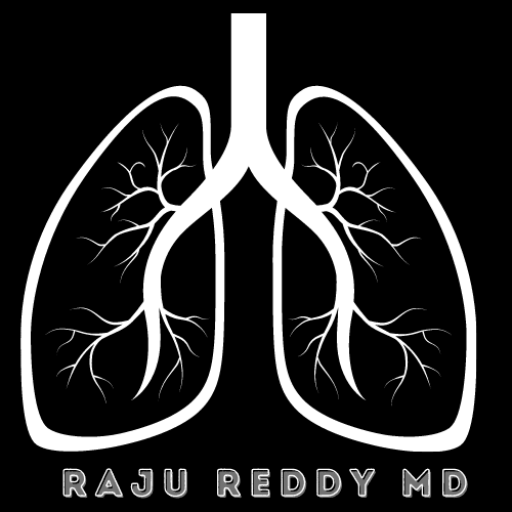Over the pandemic, there were many lessons learned about keeping our bodies and minds healthy. Most of us don’t pay much attention to our lungs, however, which is the main organ in our respiratory system. It’s important that we take the necessary steps to maintain our health. Doing so not only helps prevent the spread of viruses but also helps improve our overall well-being.
Take Vitamin D
Although it’s important for our bones, Vitamin D is also needed for the health of our lungs. Deficiency in this vitamin can lead to various health conditions, such as decreased lung function. Getting enough vitamin D can be done by eating foods such as egg yolk, cheese, and fatty fish. However, before you start taking any supplements, make sure that your doctor has approved them. Getting enough vitamin D is also important for people with asthma or COPD, as these conditions can impair lung function.
Exercise
Regular exercise is also important for our lungs. Our lungs are powered by the muscles in the chest cave. In order to maintain their strength, our bodies need to keep developing new muscles. One of the best ways to do this is by performing cardiovascular exercise, which can be done for about 20 to 30 minutes a day. Individuals who have been out of practice for a while can start by slowly implementing exercises or walks into their daily schedule. Walking is a great form of exercise for people who are looking to improve their cardiovascular health.
Take Deep Breaths
One of the most important factors that can affect our respiratory system is stress. Deep breathing can help decrease stress and improve lung capacity. It can also help people recover from a respiratory infection, such as COVID-19. Taking deep breaths can help people feel more peaceful and reduce their anxiety.
Keep a Healthy Sleep Schedule
Although it’s still not clear why sleep is beneficial for our lungs, health professionals encourage their patients to prioritize a healthy sleep schedule. Sleep can help repair damaged muscles and decrease the risk of respiratory infections. Lack of sleep can also decrease our immune system, which can make us more vulnerable to getting sick.

